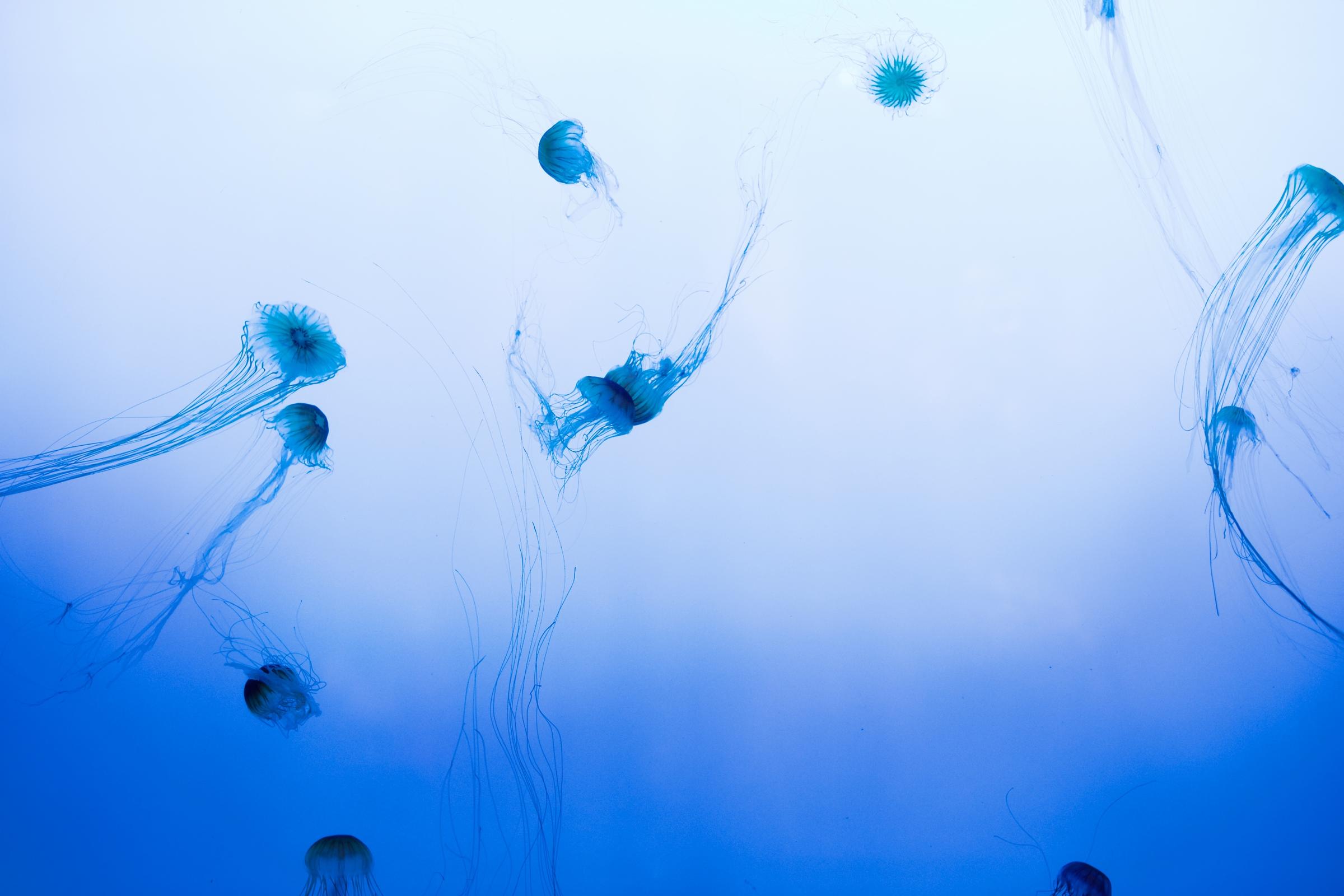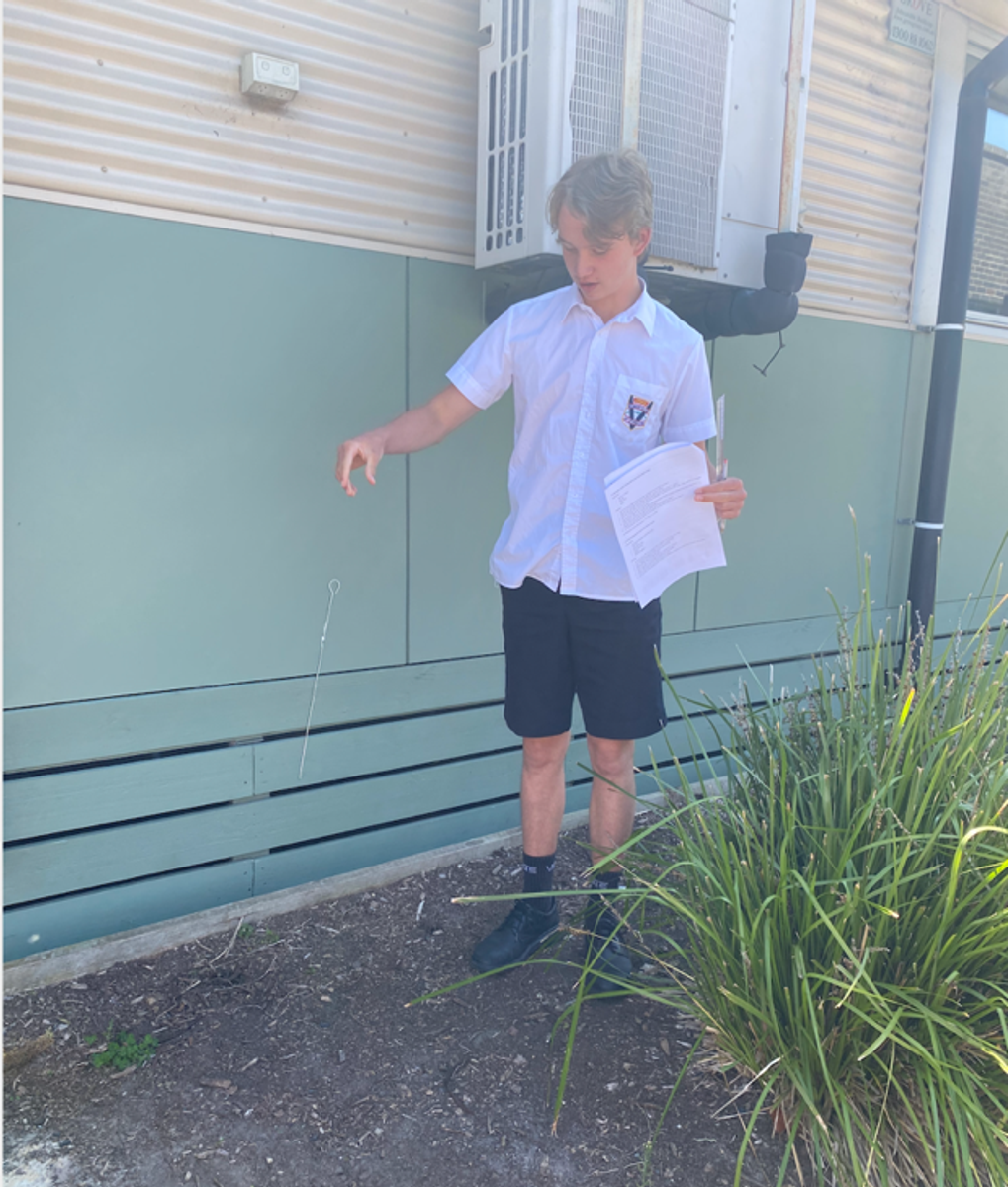Science News
Vermont Secondary College

Science News
Vermont Secondary College
Have you ever noticed that your child’s Science teacher has written a comment on the semester reports that says, “should read widely to improve understanding”? Have you ever wondered what we mean by that?
In today’s society, it is important for our children to be proficient with literacy in Science as well as having Scientific literacy. With headlines in the news that commonly discuss viruses, vaccines and climate change we need to ensure that our students have a grasp of the language that is used. Scientific literacy and literacy in Science are not the same thing, but they are interconnected.
The Department of Education and Training explains the two as follows:
Literacy in Science:
Scientific literacy refers to:
For students to develop scientific literacy, they must first engage in literate practices to develop their understanding of scientific concepts. Put another way, improving students’ literacy in Science will help them to better develop their scientific understanding and scientific inquiry skills, which increases their scientific literacy.
If you have an interest in Science and want to continue to improve your understanding as well as increase your Scientific literacy why not check in on these great websites each week? They have a collection of articles that focus on recent Science and will help with improving your literacy. Each member of the family could choose to read a different article and then you could report back to each other at the end of the week? The more we talk about Science, the more we develop and consolidate our understanding. Happy reading!
Chemistry in Australia
Science News for Students
https://www.sciencenewsforstudents.org/
Nature
Cosmos Magazine
| Tamara Green - Science Teacher |






Our new year 10 Environmental Science class has been enjoying the great outdoors in our own backyard- investigating the differences in soil characteristics between two contrasting areas. Why is soil important you ask? Soil is an essential component of our Lithosphere & ecosystems. Human activities influence the fertility of soils, and certain activities can cause soil degradation and erosion. Understanding soil characteristics is essential in informing sustainable management practices of soils and ecosystems. Here students selected soil samples from our senior Science quadrangle.
We will continue to investigate the subdivisions of the Biosphere including the Atmosphere & Hydrosphere over the coming weeks.
Miss Agisilaou